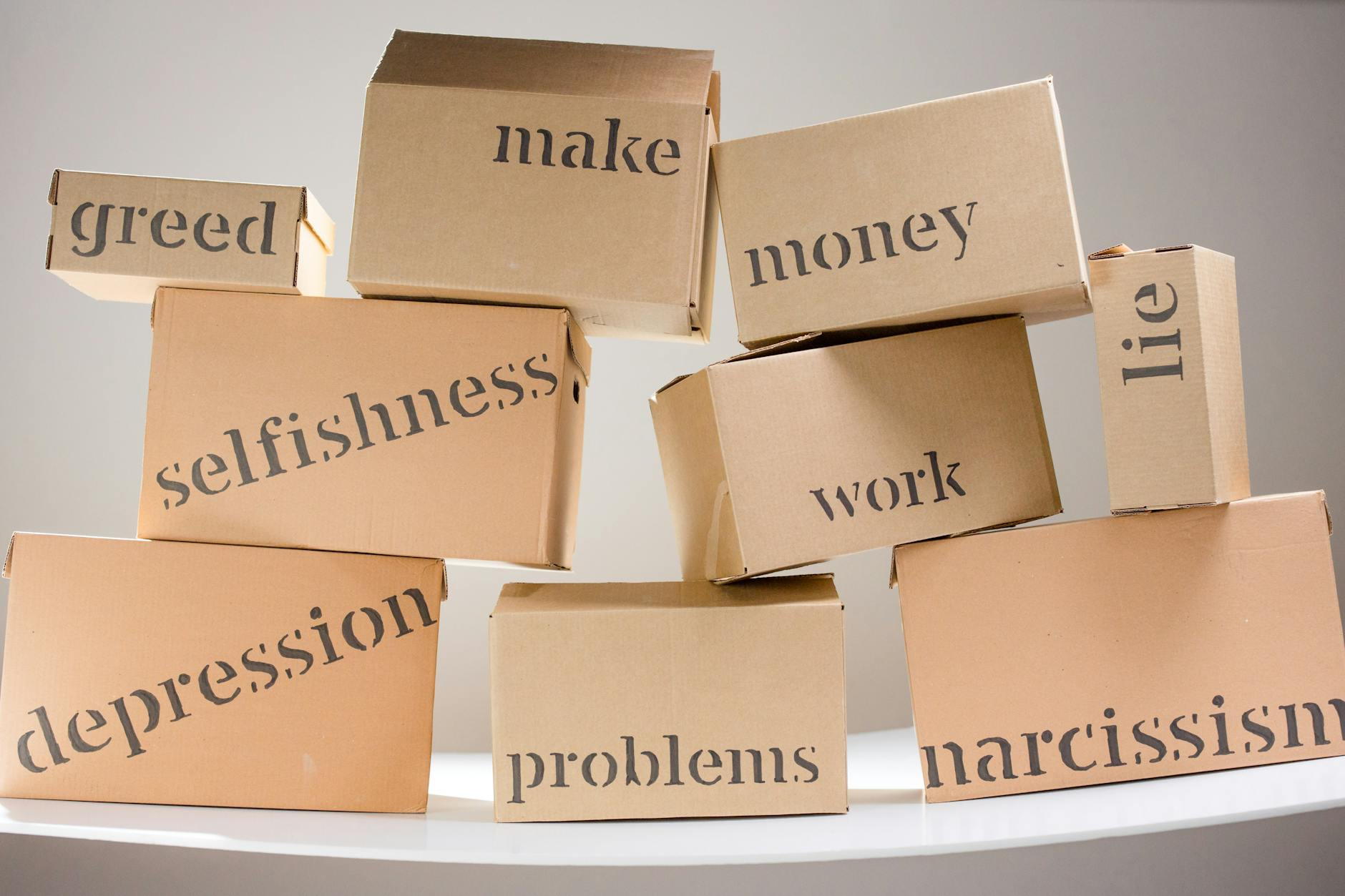The Therapeutic Power of Music: How Music Affects Mental Health

The Healing Notes
Music has been long known for its ability to evoke emotions and create connections. But did you know that music can also have a profound impact on mental health? In this article, we will explore the therapeutic power of music and how it can positively influence our mental well-being.
Music and Stress Reduction
Listening to music has been shown to reduce stress levels by lowering cortisol, the stress hormone, in our bodies. Slow, calming music can help calm the mind and body, promoting relaxation and reducing anxiety.
Music as a Mood Booster
Whether you're feeling down or need an energy boost, music can help elevate your mood. Upbeat tunes with a fast tempo and positive lyrics can stimulate the release of dopamine, the 'feel-good' neurotransmitter, leaving you feeling happier and more energized.
Music and Memory
For individuals struggling with memory loss or cognitive decline, music can tap into stored memories and emotions. Familiar songs can evoke memories from the past, stimulate brain activity, and improve overall cognitive function.
Creating Personalized Music Therapy
Music therapy involves creating personalized playlists or engaging in music-making activities to address specific mental health needs. Whether it's through listening, singing, dancing, or playing instruments, music therapy can be a powerful tool for self-expression, emotional release, and overall well-being.





